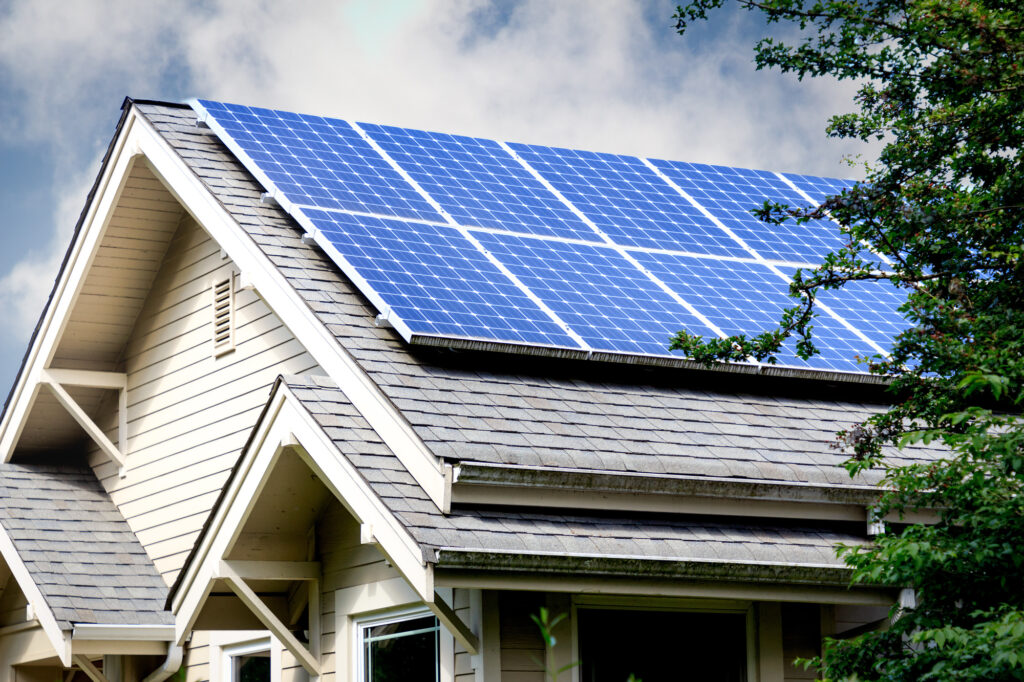How to Choose Residential Solar Panels: Everything You Need to Know
Approximately 4 percent of American homes use solar panels for energy. Solar panels are an investment that can help you combat greenhouse gases while also saving you money on your energy bills each month, a crucial benefit with energy costs on a continuous rise.
With all the options for solar panels out there, you want to take the time to choose the best ones for your needs. Read on to learn how to choose residential solar panels.
Choose Residential Solar Panels: Consider Cost
Solar panel costs are determined by many variables. These include the pane’s size in watts, its physical size, the brand, the quality of the materials, the warranty period, and the certifications the panels may have.
Although you want to be cost-conscious, remember when comparing solar panel costs that good-quality ones can last up to 30 years.
Energy Efficiency
Energy efficiency for solar panels refers to how much of the light the panel receives is then converted to energy. This tells you how much power it produces. The more energy it produces, the more expensive the panel will be.
Consider your energy needs. In some instances, getting the most energy-efficient panels can mean having more energy than you need.
Quality of Materials and Construction
You need to know the panels are made of high-quality materials and are carefully inspected through the construction process.
Vertically integrated solar panel manufacturers should control every stage of production. The best ones also invest in research and development.
Types of Solar Cells
The type of solar cells that make up the panels impact energy efficiency and cost.
Monocrystalline silicon cells offer great energy efficiency with good heat tolerance, while polycrystalline silicon cells are the most popular option these days for residential settings. Amorphous (thin-film) silicon cells are not as efficient because they use the least amount of silicon.
Size
A typical household requires a 4kw solar system. The output of the panel is measured in watts. A 200 watt panel, for example, will generate 200 watt-hours each hour, while a 100 watt one will generate 100 watt-hours.
Underestimating the wattage you need will leave you with energy gaps and overestimating it will lead you to spend more on the panel than you should for wattage you do not use.
Durability
Most solar panels have a warranty of 25 years. If the warranty the manufacturer offers is shorter than that, it speaks of low confidence in their own products. Don’t allow prices to tempt you into purchasing panels if their warranty is too short.
Get a Residential Solar System
Save money on your energy bill each month and contribute to the global effort to reduce greenhouse gases when you choose residential solar panels. They are an investment that will continue to pay off for years to come.
Learn more about wise residential investments by turning to our Home Buyers page!
